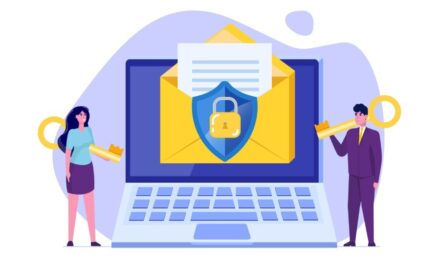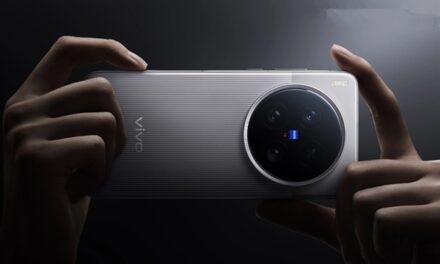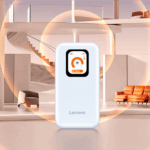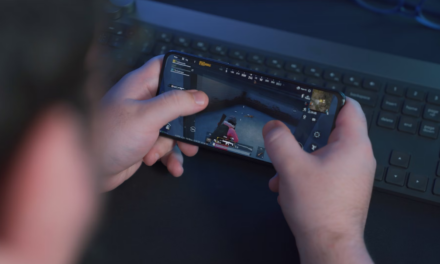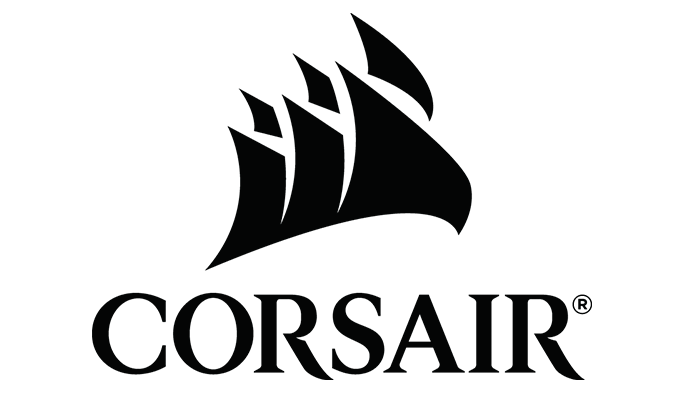
Can My Company Track My Laptop Location?

With the rise of remote work, companies take several measures to ensure the productivity of their employees. The most common actions for this are monitoring user activity and tracking laptop location, whether company-issued or personal.
Employers do this to confirm the employee works at the allowed location(s) and doesn’t wander off to holiday destinations, chasing the digital nomad life without permission.
When working outside a particular area isn’t allowed, it can go against the company policies and result in termination. Also, an employee working outside the state or the country can create tax implications for the employer, among other things.
These are all legitimate reasons for employers. But at the same time, it’s natural for employees to contemplate the invasion of their privacy and personal space. In this article, we’ll cover companies tracking laptop locations, how they can do this, and the legal side of it.
Is It Possible for Companies to Track Location?
So, can your company track your laptop location? The answer is yes – your company can monitor your laptop’s whereabouts. Your company can use applications or track activities to determine location, even when using a personal device.
How Your Company Can Track Your Laptop Location
Now that you have an answer to your main question, here are the common ways companies track laptop location.
Mobile Device Management (MDM)
If you’re using a company-issued laptop, your employer is likely monitoring your location through mobile device management programs. These applications allow employers to monitor, manage, and secure corporate devices. While these programs can track locations, employers can also reset and recover devices to protect company data.
Most company laptops come with software like this pre-installed. Removing them will notify the admin, which can go against your company’s equipment use policies. It is advised to get permission from superiors before taking such action.
Contact the HR or IT department if you don’t know the administrator. Alternatively, you can make a reverse email search to find the administrator before reaching out to be better prepared.
Employee Tracking Applications
Besides MDM, companies can track laptop locations through employee tracking applications. These tracking applications use your laptop’s GPS and show real-time location.
Employee tracking applications reveal more than location. They can also monitor everything from the number of applications open, when they are opened, idle time, and even listen to your microphone.
Network Activity (IP Address)
An easy way companies track the location of a device is by checking the IP address. But this isn’t as accurate as others mentioned in this article. It can give wrong estimates if the laptop is connected to a VPN. Companies know this and often turn to more accurate ways to track laptop location.
However, IP addresses are often public. Your employer may use it to track your location without applications.
Is It Legal for Companies to Track Laptop Location?
Whether or not tracking laptop location is legal depends on the device you’re using. If it’s a personal device, companies can’t track location. That’s unless your work contract requires installing surveillance software. In these cases, your employer must get your consent to install location and activity tracking applications.
For devices distributed by the employer, companies have the advantage of monitoring activity and tracking location by law to ensure productivity and protect corporate data. Your company may also monitor emails, calls, and other activities performed on a work device. The law doesn’t require companies to get consent for these, but most companies do so anyway.
If you doubt your company is tracking your laptop location, inspect your job contract. Businesses must clearly state that the employee tracking software installed tracks laptop location. If the employer doesn’t reveal this and tracks the location of your personal device, it will breach employee privacy rights.
Again, employers aren’t required to do this for company-issued devices. They can monitor all activity, including location.
Know The Difference Between Monitoring and Spying
There isn’t a whole lot of privacy when it comes to company-owned devices. But there must be a clear line between monitoring/tracking and spying. Employers cannot access your microphone or camera outside working hours. If they are engaged in such wrongdoing, it’s a serious violation of employee privacy rights.
You should check your state’s laws, as privacy regulations can vary significantly depending on jurisdiction.
Moreover, tracking your laptop location is a standard measure for companies. It’s a way to ensure productivity and safeguard company property. If your company wants to track your laptop location, there aren’t many ways to avoid it.


